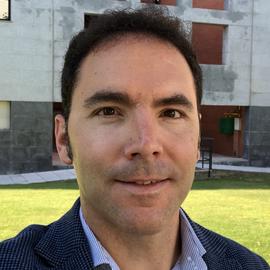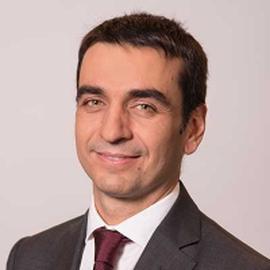Abstract
The Obnoxious p-Median problem consists in selecting a subset of p facilities from a given set of possible locations, in such a way that the sum of the distances between each customer and its nearest facility is maximized. The problem is -hard and can be formulated as an integer linear program. It was introduced in the 1990s, and a branch and cut method coupled with a tabu search has been recently proposed. In this paper, we propose a heuristic method – based on the Greedy Randomized Adaptive Search Procedure, GRASP, methodology – for finding approximate solutions to this optimization problem. In particular, we consider an advanced GRASP design in which a filtering mechanism avoids applying the local search method to low quality constructed solutions. Empirical results indicate that the proposed implementation compares favorably to previous methods. This fact is confirmed with non-parametric statistical tests.
Publication
European Journal of Operational Research

Full Professor
My research interests are focused on metaheuristics applied to optimization problems. I have worked on different combinatorial optimization problems applying trajectorial algorithms such us GRASP or VNS. Besides, I am very interested in applications of Grammatical Evolution, specifically in model and prediction domain, as alternative to machine learning approaches.

Full Professor
Abraham Duarte is Full Professor in the Computer Science Department at the Rey Juan Carlos University (Madrid, Spain). He has done extensive research in the interface between computer science, artificial intelligence, and operations research to develop solution methods based on Computational Intelligence (metaheuristics) for practical problems in operations-management areas such as logistics and supply chains, telecommunications, decision-making under uncertainty and optimization of simulated systems.